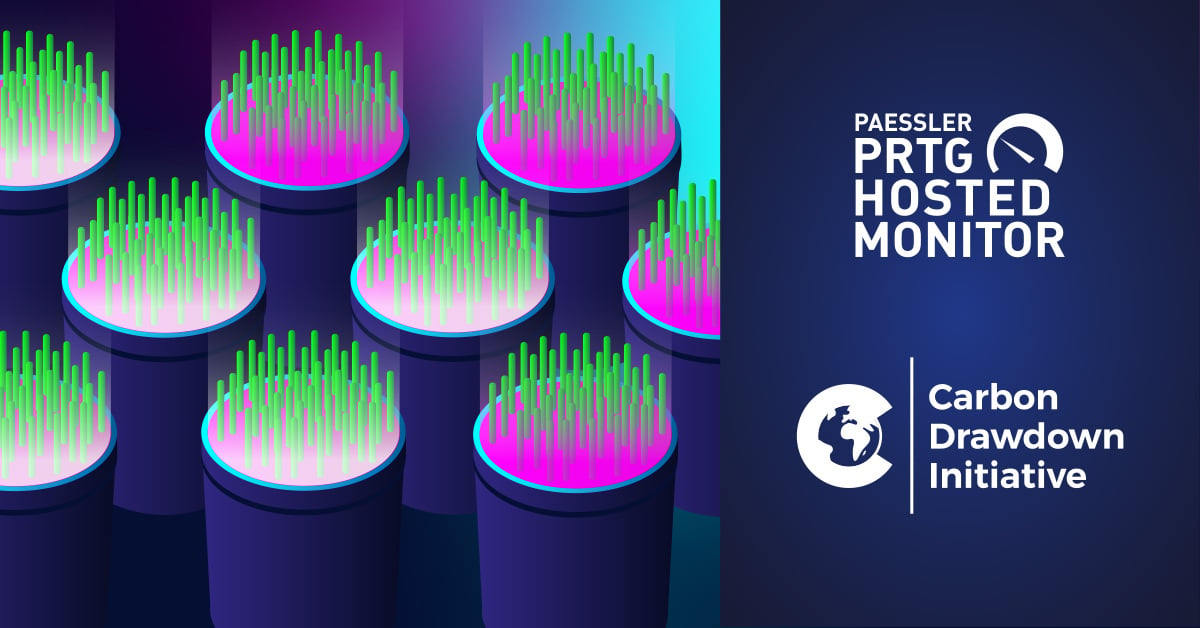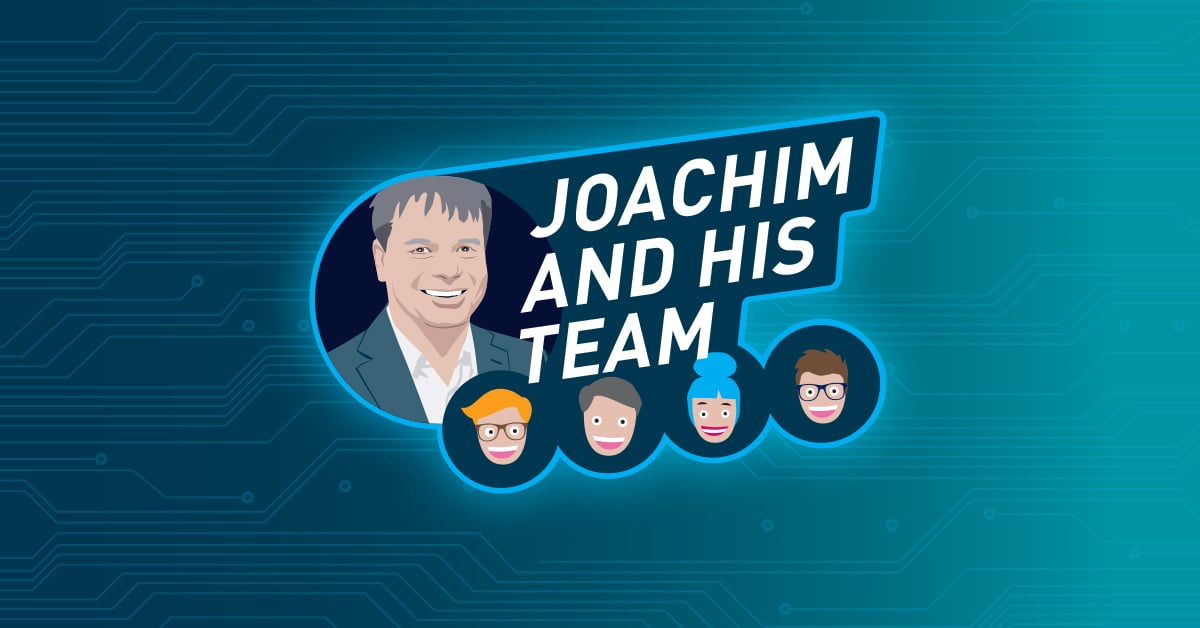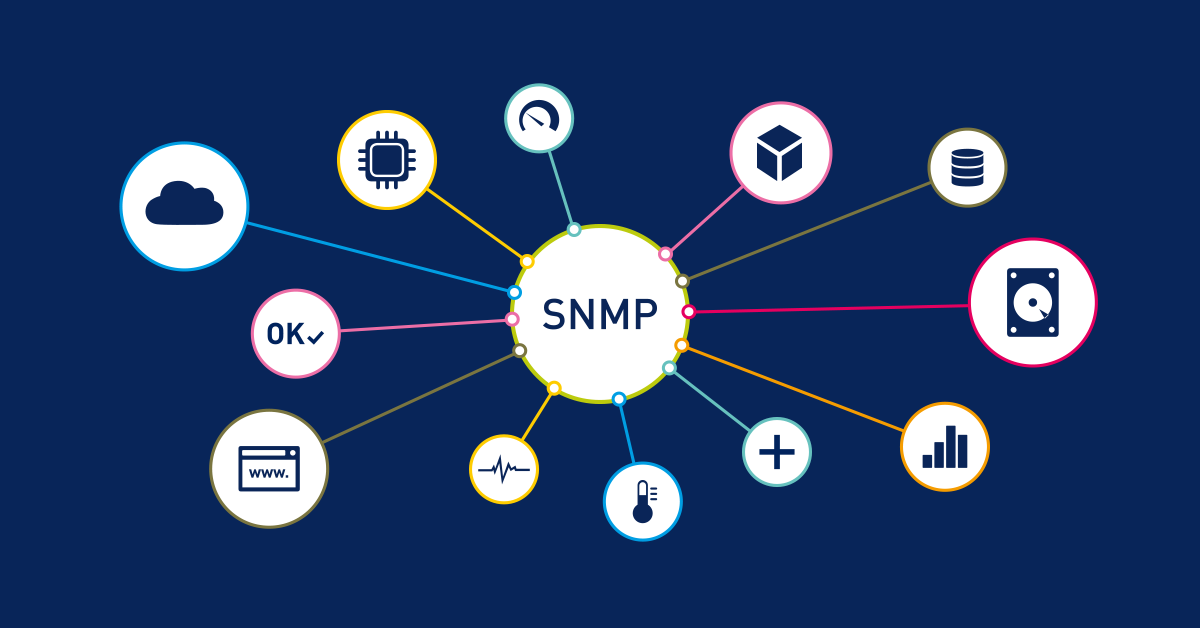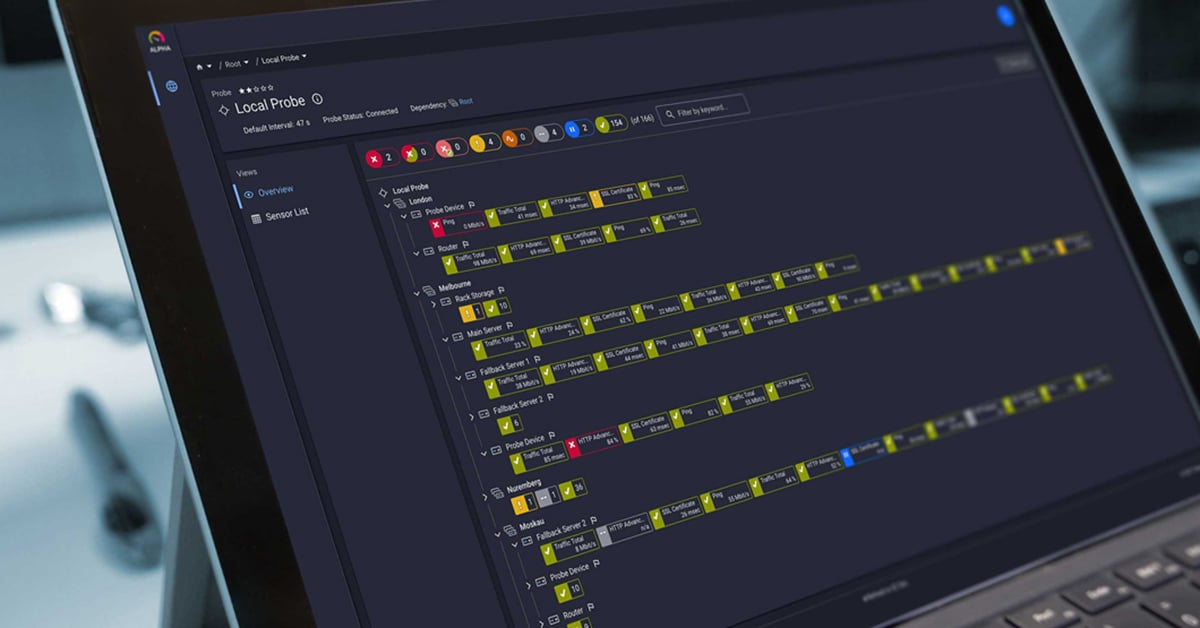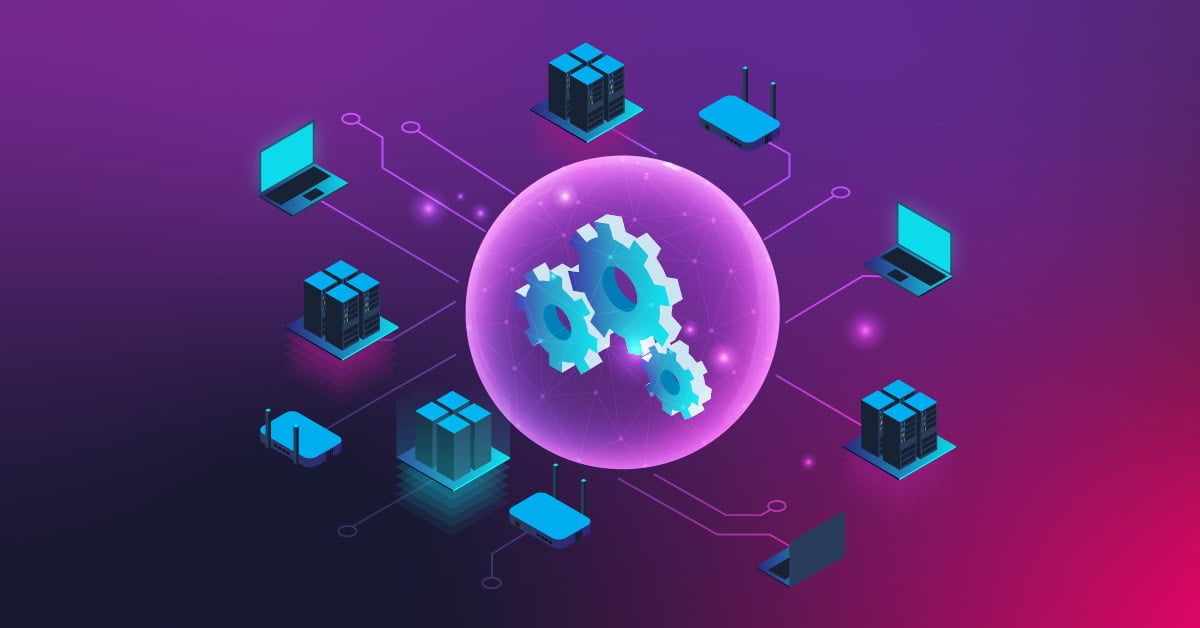Following the evolution in Software Development, one has the feeling that the times of the typical sysadmin are over. I still remember the years when the daily routine of a sysadmin consisted of keeping a handful of servers running, checking the firmware status of switches regularly, and rolling out latest updates from time to time.
Nowadays concepts like Agile, Scrum, Automation, Serverless and 'managed by code' are the norm! Many of these terms are empty phrases that lead to uncertainty among the IT veterans. Anyone who decided to work as a sysadmin at some point in the 90s is increasingly asking whether his job is still safe until retirement.
Today I want to explain a few arguments why an IT world wouldn't exist without the classical sysadmin, and in which places the administrator should show certain flexibility and pursue ongoing training.
Understanding the Basics
Let's all start with the same requirements. System administration can be defined by most of us without problems. DevOps is a bit more difficult. Is DevOps a job description, a state, or a role? So let's take a look at the definition of DevOps. Well, already here the uncertainty begins - there is no unambiguous definition of the term so far. Online research leads to even more confusion. So what remains is a subjective assessment of the definition. Personally, I prefer Gartner's approach:
DevOps represents a change in IT culture, focusing on rapid IT service delivery through the adoption of agile, lean practices in the context of a system-oriented approach. DevOps emphasizes people (and culture), and seeks to improve collaboration between operations and development teams. DevOps implementations utilize technology — especially automation tools that can leverage an increasingly programmable and dynamic infrastructure from a life cycle perspective.
The Sysadmin Stays Alive!
Regardless of what percentage of IT will take place virtually and/or within cloud environments over the next few years, an IT infrastructure will always be necessary. A server in the cloud is still a piece of solid metal in the end. This server will also be connected to a physical network, and there will also be server rooms for quite some time. And the assets of these devices must be managed. If necessary, several administrators may be at a central location in a data center, and no longer in the broom-chamber server room of a 20-person business, but overall the manpower is still needed.
In addition, there will still be an incredible number of legacy systems in the coming years. Just think of old-established ERP solutions that are operated on-premises and in many cases are too inflexible to be transited into the cloud.
In general, cloud or no cloud, enough IT infrastructure will remain on-site. The task scope of the sysadmin is shifting from classical server administration to the management of local clients, the network, CCTV and IoT devices. The last-named in particular will spread exponentially in the coming years and must be managed and maintained,.
Automation and Emerging Skills
There is no mention anywhere that the culture of the DevOps evolves from the side of development. Rather, a versatile sysadmin can also catch a foothold in the DevOps area, provided he is willing to learn and is open to innovative ideas. The need for staff to deal with the issues of "IT managed by code", i.e. the dynamic creation of servers using a script language or the implementation of automated deployment tools for servers and clients, will create many jobs in the future.
Prospectively, the topic of automation will become more and more important. Activities that have to be performed more than twice will be automated in the future. Even today, sysadmins who are fresh on the job sometimes no longer know how a manual server installation takes place. The frightening stories of the older colleagues about the efforts required to get a Windows NT 4.0 server up and running seem completely foreign by the short waiting times of today, while automation services such as Puppet are used to deploy ten or twenty servers in parallel.
Classical sysadmins who are still unsure about their future professional position are well advised to be open to scripting languages, learn how to manage cloud services, and deal with issues such as automated configuration management.
Some Rethinking Is Necessary
The sysadmin of the future is not the introverted, daylight-shy person with secrets who builds up personal company knowledge over many years and turns himself into an information silo. In agile teams like those at DevOps, team players are in demand. This leads to a completely different corporate, team and employee culture. Those who approach their colleagues openly and internalize that the best results are achieved when many heads with summed up knowledge work together on a solution can find fulfillment within the DevOps culture.
The following quotation by Santosh Balan from an Information Week article published in 2017 summarizes the situation vividly.
„Maintenance and upkeep of testing and production environments are likely to be highly automated activities with continuous integration and deployment. This will require a different skillset, with a shift in focus from technical infrastructure to providing business agility. System administrators are expected to still live in the digital era operating a different toolset.“
Additional Resources and Information
If you would like to learn more about the transition from classic sysadmin to DevOps, I have some interesting - at least in my eyes - sources for you.
- A Transition Guide from System Admin to DevOps Engineer
- What is the difference between devops and system administrator?
- Good SysAdmin to DevOps Engineer in Six Months
- Death of the sysadmin - Rise of the DevOps
Your Thoughts on Sysadmins vs. DevOps?
As usual I am interested in your feedback. What do you think about the future evolution of the sysadmin? How do you feel about the DevOps culture? Does DevOps have any future at all? Will DevOps come with more restrictions instead of increasing flexibility in the long run? Write us in the comments!
 Published by
Published by 



